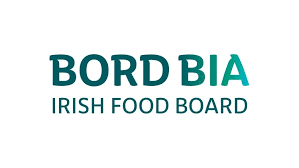US Trade War: Brazil Prepares for Increased Demand
Brazilian Agricultural Exporters to Benefit from U.S.-China Trade War
SAO PAULO, March 6 (Reuters) – U.S. President Donald Trump’s ongoing trade war with China is expected to provide Brazilian agricultural exporters with an opportunity to capture a larger share of the Chinese market, potentially at the expense of American farmers. However, this shift could also exacerbate already high food inflation in Brazil.
In response to new U.S. duties announced by Trump, China swiftly imposed tariffs of 10% and 15% on $21 billion worth of American agricultural goods, including meat and soybeans. Brazil, as the world’s largest exporter of soy, cotton, beef, and chicken meat, is poised to increase its exports to China as importers seek tariff-free alternatives.
During Trump’s first term, the trade war led to U.S. farmers losing significant market share to Brazil, particularly for China’s valuable soybean imports. The U.S. has not regained that market share, and China’s reliance on Brazilian agricultural imports has continued to grow. This trend is likely to accelerate with the latest round of tariffs.
While this presents a significant opportunity for Brazilian exporters, it also raises concerns about domestic food inflation. Increased demand from China could drive up prices for Brazilian consumers, adding pressure to an already strained economy.
Original story: Reuters
